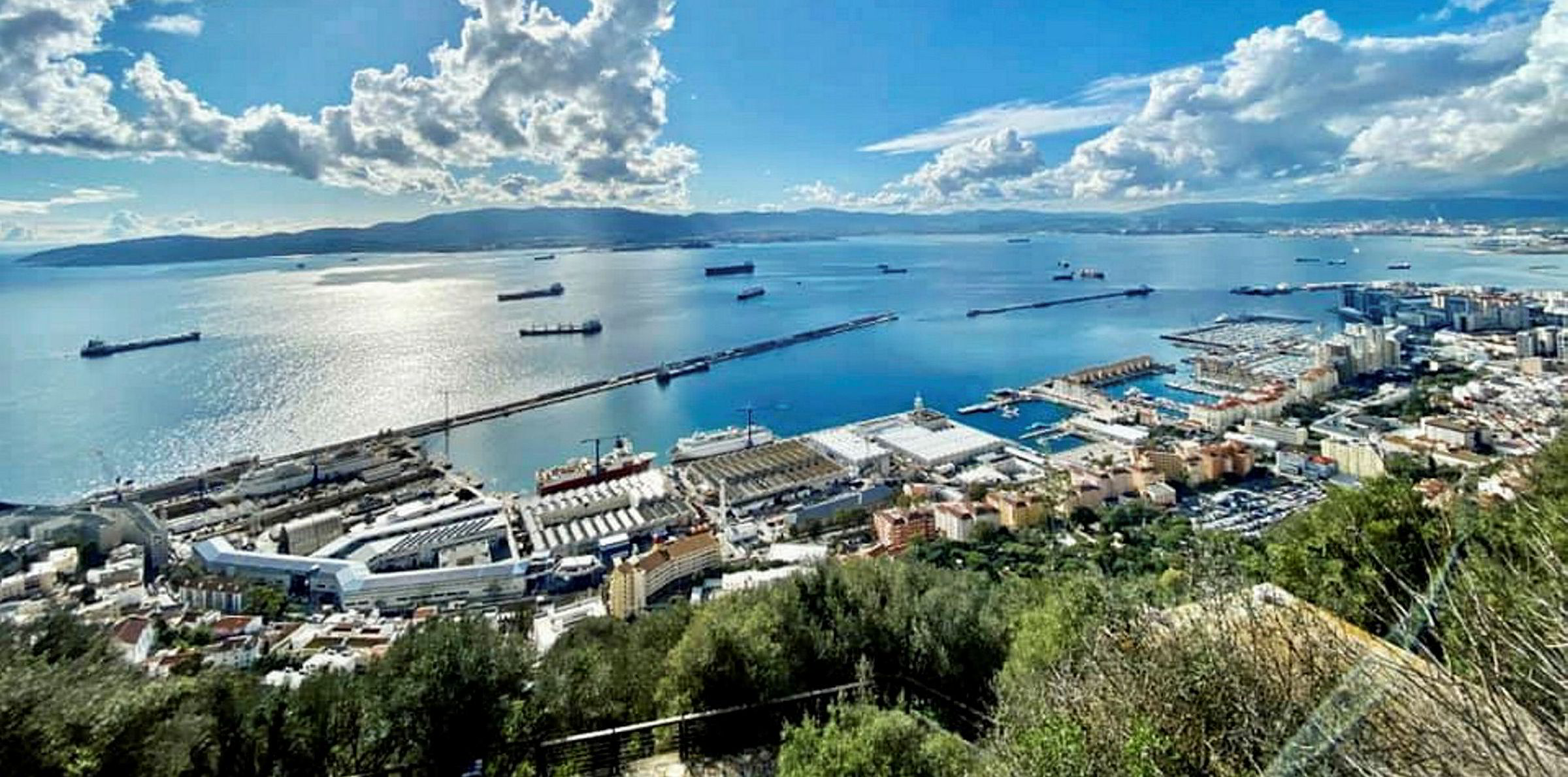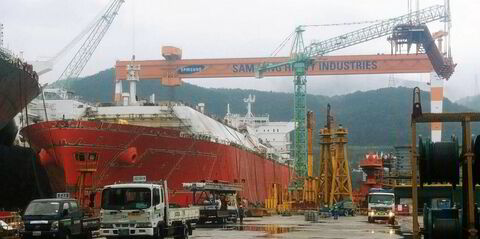Gibraltar has become the latest major port jurisdiction to allow crew changes to take place, though they are still subject to strict conditions.
The change comes days after the European Union unveiled a plan to speed up the repatriation of crew during the coronavirus pandemic.
The EU called on member states to create a network of ports where crew changes can occur without delays.
Gibraltar's new requirements were laid out in a port circular issued by the Gibraltar Port Authority (GPA), according to ship agency company GAC.
Under the new protocol, disembarking crew must be “confirmed to be free of any symptoms for the past 14 days”, with the ship’s master required to provide an official declaration.
No crew changes — either disembarkation or embarkation — will be allowed outside port limits, and a vessel must be at anchor.
The GPA said the ship from which the crew have disembarked will not be allowed to leave Gibraltar until the crew have boarded a departing aircraft.
In case of flight cancellation, the crew will be returned to the vessel and the master will be required to confirm acceptance of this in writing.
Flight cancellations
The agent must arrange transport from port to airport using “designated transport facilities” and the launch crew has to avoid close contact with a ship’s crew.
The GPA said disembarking crew will not be allowed to stay in Gibraltar once they leave their vessel.
For crew members embarking on a new ship, the restrictions are less onerous. Seafarers are expected to be isolated in their hotel rooms for the duration of their stay. They will also be required to stay in specially designated hotels.
This month, the United Arab Emirates relaxed its regulations on the changing of ships’ crews, saying the restrictions would be “lifted gradually”.
The country’s Federal Transport Authority said it was making the changes in response to “maritime and industry appeals” to facilitate the process of crew changes.
In March, Singapore softened a ban on crew changes only a few days after imposing an outright prohibition, saying they could take place under “special circumstances”.
The potential exceptions include cases in which crew members had served their maximum time on board with no further extensions of employment contracts permitted by the flag state.
It would also consider “compassionate grounds” such as the death of a relative and cases in which crew are no longer medically fit to serve.
According to the International Chamber of Shipping, about 100,000 seafarers reach the end of their employment contracts in any given month and need to be repatriated.





